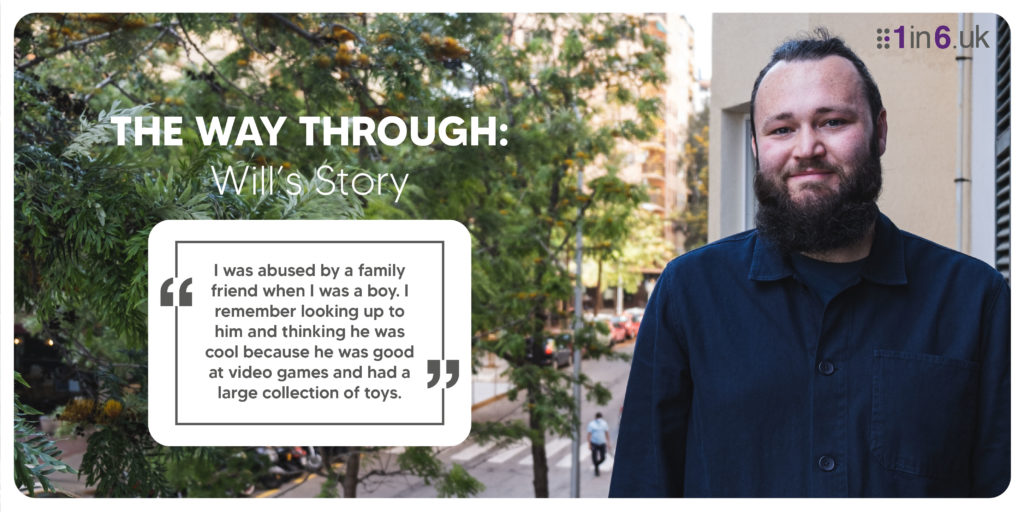Context Exercise
Learn how understand shame and redirect it to where it belongs.
This exercise involves examining the context you were in, and the tactics used by those who abused or assaulted you. This will help you re-frame your thinking about where the responsibility lies, where the shame properly belongs, and impact on your feelings.
Tactics are the things they did, said, or threatened to do, in order to be able to do what they did and keep it secret.
For example an adult who convinces a child that they would get in trouble if anyone found out, or someone who encourages their partner to drink to impair their memory, so they can convince them afterwards that they instigated what happened.
Ask yourself some questions to observe the context you were in. For example:
- How old were you?
- How mature were you?
- Were you incapacitated by illness, drugs or alcohol?
- Were the perpetrator(s) in a position of power?
- Were you in a trusting relationship with them?
- Were you vulnerable in any other ways?
- What information did you not have then which you have now?
- What support was available to you?
- What needs did you have that weren’t being met?
- What other factors were at play?
Notice the tactics they used to take advantage of this context.
They used these contextual facts against you. At the time you had no way of knowing what they were doing.
This could have included tricks to get you thinking that you were somehow at fault, or special ‘gifts’ to convince you that you were complicit.
The tactics of abuse can only be seen for what they are when you look back at them. In looking back and reviewing what tactics were used against you, be careful not to use the knowledge you have now to judge your decisions and actions at the time.
Adopt a compassionate, understanding attitude to yourself. You did, or didn’t do what you felt you had to at the time due to their manipulation. You are not to blame for what happened, they are.
If doing this exercise raises questions or difficult feelings, you may find it helpful to talk it through with a counsellor.



